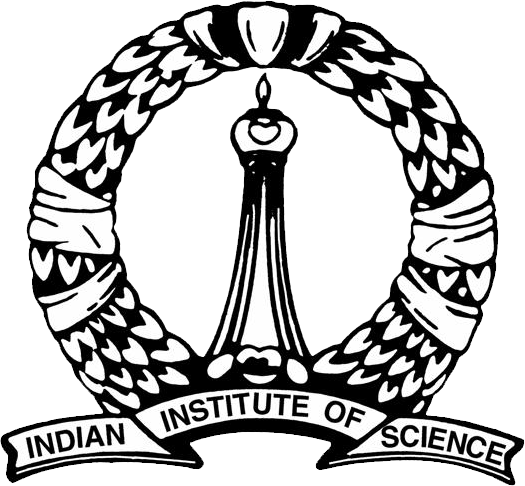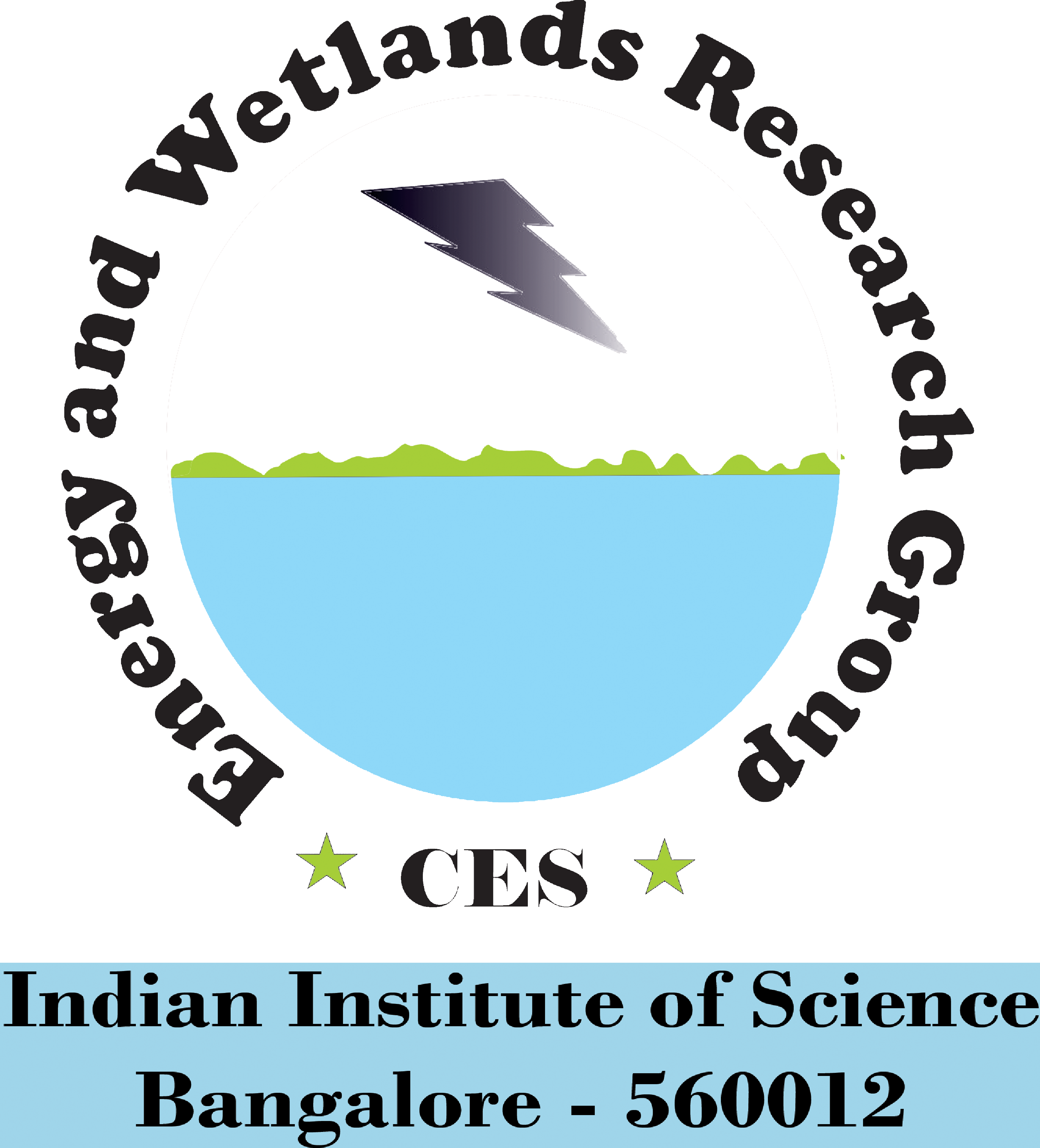| |
ENVIS Technical Report: 86, February 2015 |
 |
FISH MORTALITY IN JAKKUR LAKE: CAUSES AND REMEDIAL MEASURES |
 |
Energy and Wetlands Research Group, Centre for Ecological Sciences, Indian Institute of Science, Bangalore – 560012, India.
*Corresponding author: cestvr@ces.iisc.ac.in
|
|
Study area: Jakkur wetlands (Figure 1) situated at 13º 04' N and 77° 36' E, North East of Bangalore. Ten MLD sewage treatment plant is functional in this locality. Partially treated water is let into Jakkur water body through wetlands (consisting of emergent macrophytes and algae). Water samples were collected (figure 1) from Inlet (without treatment and treated water from STP), inlet after wetland, middle and outlets of the lake. The treated water from the treatment plant passes through the wetlands to Jakkur Lake.
Figure 1: Jakkur Lake and sampling locations
Analysis of physico-chemical parameters: The water temperature, pH, electrical conductivity (EC) and dissolved oxygen (DO) were determined on spot at the time of sampling. Other parameters like nitrate, phosphate, total alkalinity, calcium hardness, total hardness, chlorides, COD (Chemical oxygen demand), sodium and potassium were analysed in the laboratory by using standard methods prescribed by Trivedi and Goel (1986) and APHA (1998).
Macrophyte collection and identification: Macrophyte samples were collected and washed to get rid of adhering materials. They were identified using Cook CDK (1996).
Analysis of phytoplankton: The algal species were identified based on their key morphological features, according to Prescott (1954), Desikacharya (1959).
|
T.V. Ramachandra
Centre for Sustainable Technologies, Centre for infrastructure, Sustainable Transportation and Urban Planning (CiSTUP), Energy & Wetlands Research Group, Centre for Ecological Sciences, Indian Institute of Science, Bangalore – 560 012, INDIA.
E-mail : cestvr@ces.iisc.ac.in
Tel: 91-080-22933099/23600985,
Fax: 91-080-23601428/23600085
Web: http://ces.iisc.ac.in/energy
Sudarshan P.Bhat
Energy & Wetlands Research Group, Centre for Ecological Sciences, Indian Institute of Science, Bangalore – 560 012, INDIA.
E-mail: asulabha@ces.iisc.ac.in
Sincy V.
Energy & Wetlands Research Group, Centre for Ecological Sciences, Indian Institute of Science, Bangalore – 560 012, INDIA.
E-mail: sincy@ces.iisc.ac.in
Asulabha K S
Energy & Wetlands Research Group, Centre for Ecological Sciences, Indian Institute of Science, Bangalore – 560 012, INDIA.
E-mail: sudarshan@ces.iisc.ac.in
Kruthika Lakkangoudar
Energy & Wetlands Research Group, Centre for Ecological Sciences, Indian Institute of Science, Bangalore – 560 012, INDIA.
E-mail: bharath@ces.iisc.ac.in
Rahaman M.F.
Energy & Wetlands Research Group, Centre for Ecological Sciences, Indian Institute of Science, Bangalore – 560 012, INDIA.
E-mail: bharath@ces.iisc.ac.in
Citation: Ramachandra T V, Sudarshan P. Bhat, Asulabha K S, Sincy V, Kruthika L. and Rahaman M F, 2015.Fish mortality in Jakkur lake: Causes and Remedial Measures, ENVIS Technical Report 86, CES, Indian Institute of Science, Bangalore 560012
| |